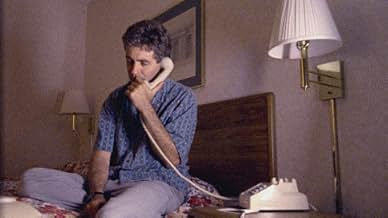In 1995, director Steve James (of 'Hoop Dreams') returned to rural Southern Illinois to reconnect with Stevie Fielding, a troubled young boy to whom he had been an "Advocate Big Brother" ten... Read allIn 1995, director Steve James (of 'Hoop Dreams') returned to rural Southern Illinois to reconnect with Stevie Fielding, a troubled young boy to whom he had been an "Advocate Big Brother" ten years earlier.In 1995, director Steve James (of 'Hoop Dreams') returned to rural Southern Illinois to reconnect with Stevie Fielding, a troubled young boy to whom he had been an "Advocate Big Brother" ten years earlier.























